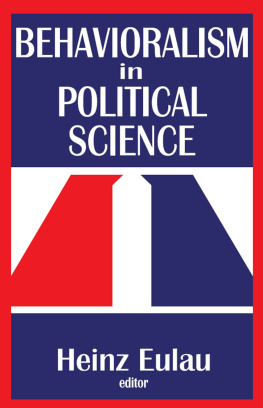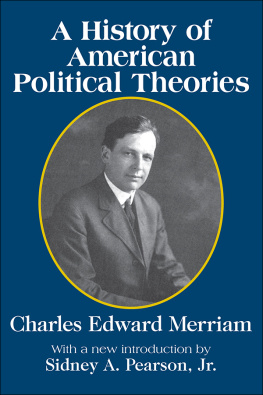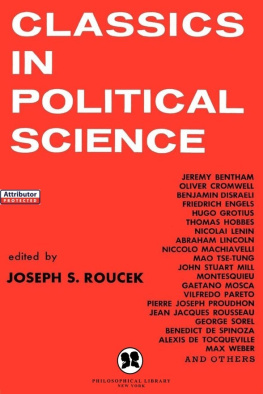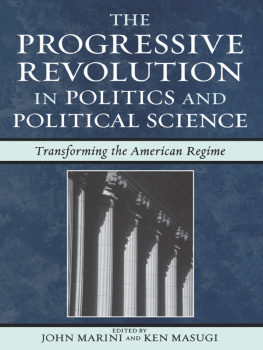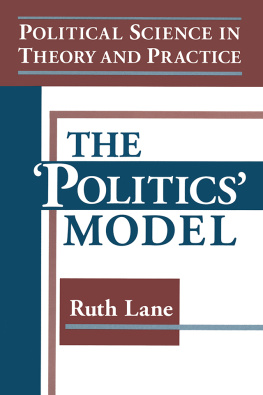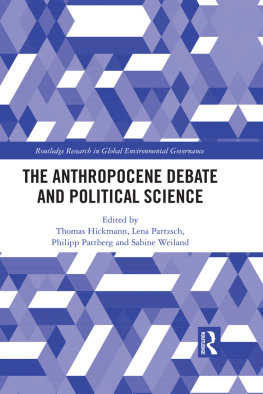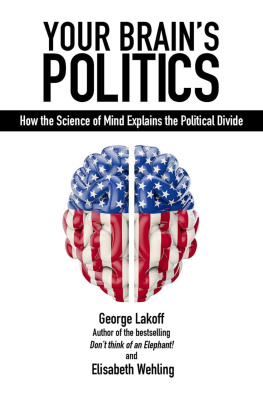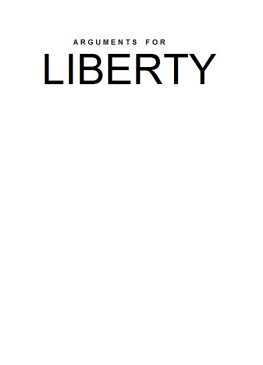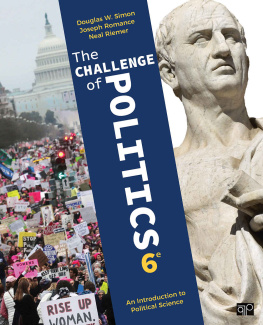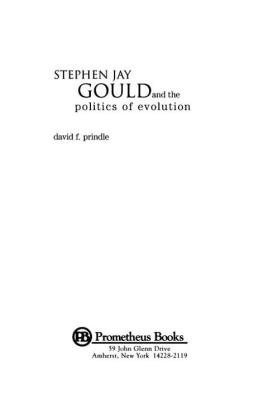BEHAVIORALISM in POLITICAL SCIENCE
BEHAVIORALISM in POLITICAL SCIENCE
Heinz Eulau
editor
First published 1969 by Transaction Publishers
Published 2017 by Routledge
2 Park Square, Milton Park, Abingdon, Oxon OX14 4RN
711 Third Avenue, New York, NY 10017, USA
Routledge is an imprint of the Taylor & Francis Group, an informa business
Copyright 1969 by Taylor & Francis.
All rights reserved. No part of this book may be reprinted or reproduced or utilised in any form or by any electronic, mechanical, or other means, now known or hereafter invented, including photocopying and recording, or in any information storage or retrieval system, without permission in writing from the publishers.
Notice:
Product or corporate names may be trademarks or registered trademarks, and are used only for identification and explanation without intent to infringe.
Library of Congress Catalog Number: 2010038247
Library of Congress Cataloging-in-Publication Data
Behavioralism in political science / Heinz Eulau, editor.
p. cm.
Originally published: New York : Atherton Press. 1969.
Includes bibliographical references and index.
ISBN 978-1-4128-1852-0 (alk. paper)
1. Behaviorism (Political science) 2. Political science. I. Eulau, Heinz, 1915-2004.
JA74.5.B435 2011
320.01--dc22
2010038247
ISBN 13: 978-1-4128-1852-0 (pbk)
BEHAVIORALISM IN POLITICAL SCIENCE
Contents
HEINZ EULAU
DAVID EASTON
DAVID B. TRUMAN
ROBERT A. DAHL
LEO STRAUSS
CHRISTIAN BAY
PETER H. MERKL
This volume is one in a continuing series of attempts to communicate to the student a feeling for what behavioralism in the study of politics is all aboutin this case by presenting the polemical context in which the behavioral persuasion originated, grew, and matured.
In a first little book, published some years ago,1 I tried to set forth, in a simple manner unencumbered by references to empirical research, what I thought the behavioral approaches in political science were. Curiously, what I had thought was the books virtue was promptly criticized as its vice by my good friend and fellow traveler in the political behavior movement, Robert E. Lane. It seemed to Lane that the only way to advance the argument over the fruitfulness of one way of looking at the field, compared to another, is to come to grips with what others have said about it. And second, Lane had always thought that one of the virtues of the behavioral approach is the intimate relation between theory and data; each helps the other. This is a theoretical book, but there are no references to the studies which inform it, or which illuminate and illustrate the points made. Eulau has chosen to argue his case without showing what the behavioral approach can do.2
Lane was both right and wrong. He was wrong in that, as I still insist, a forced march through the labyrinth of scholarly research, overburdened with charts, tables, and statistics, is not conducive to communication with the student. He was right in that a book of empirical readingswhich I had planned to prepare, and finally did bring out3is useful; but, as I pointed out then, and would point out again here, it is best to leave it up to the instructor to choose from the relevant empirical material what he might consider conducive to learning.
Lanes review also raised a point that, in fact, informs the rationale behind this, the present volume. Feeling a simple explication would be more effective in my own communication with the student, I did not choose, in that first volume, to advance the argument for behavioralism in politics by coming to grips with what others have said about it. But I have, however indirectly, done so here by inviting the student to make that confrontation.
Here the student will meet articulate exponents of several points of view, each a thoughtful, thought-provoking theorist responsible in some part for the way we now think of the political life. Professors Easton, Truman, Dahl, Strauss, Bay, and Merklall have my thanks for giving me permission to use their essays in this volume.
NOTES
. The Behavioral Persuasion in Politics (New York: Random House, 1963).
. American Political Science Review, 58 (March 1964), 105.
. Political Behavior in America: New Directions (New York: Random House, 1966).
HEINZ EULAU
Changes in the thought-ways of science are usually accompanied by lively intellectual conflicts between opposing or divergent points of view. Indeed, the clash of ideas is probably a major ingredient of whatever it is that stimulates the life of the mind in whatever manifestation of human culture. Although for some self-appointed custodians of the Truth such conflicts are often a source of despair, it is in the crucible of arguments and counter-arguments, of proofs and disproofs, that changes in the arts and sciences take place.
In the last thirty years or so, but more intensively in the years since the Second World War, the study of politics has been rocked by disagreements over its scope, theories, and methods. Although these disagreements were no more and perhaps somewhat less frequent than in most sciences, natural or behavioral, they were at times conspicuously bitter and tendentious. It may be that the subject matter of political sciencepolitics and all that is involved in politicshas a kind of halo effect: because the stakes of politics make men fight and sometimes die for what they claim as their due, political scientists seem to confuse academic with political stakes, behaving as if the victories and defeats on the battleground of the intellect resemble those on the battleground of political life.
But we can also look at the controversies of the last few years in a different light. Perhaps they indicate that political scientists take their work seriously and expect it to have serious consequences for the course of events in the real world of politics. In this perspective, the debates suggest that political scientists have a profound sense of personal responsibility for the effects of their discoveries on the shape and quality of public affairs. It may be that this sense of responsibility is greater than the impact of political science on the real world of politics warrants. But it is there, and its being there might well be taken into account if one seeks to understand the dedication and commitment of the scholarly warriors.
On close inspection one would find that the controversies in political science cover a wide range of topics. But, for better or for worse, they have tended to be harnessed together under a single labelbehaviorism or behavioralism. As a result of this reduction of many controversies to the single issue, the identification of sides has not always been easy. And, in fact, no such identification has ever been successful. Nevertheless, by the late sixties, it has become reasonably clear that most of the controversies, whatever their immediate topics, have involved what one may call, as in so many other fields of cultural endeavor, the battle of the ancients versus the moderns. The real issue, it turns out, is the issue of tradition and innovation in scientific development.
Again, this is not to say that the traditionalists have been united, opposing the new tendencies for the sake of tradition, or that the innovators have been united, promoting the new trends for the sake of innovation. In fact, as the controversies have unfolded and hitherto unspoken premises are clarified in the course of debate, it has not been uncommon to find common ground between some of the ancients and some of the moderns.

